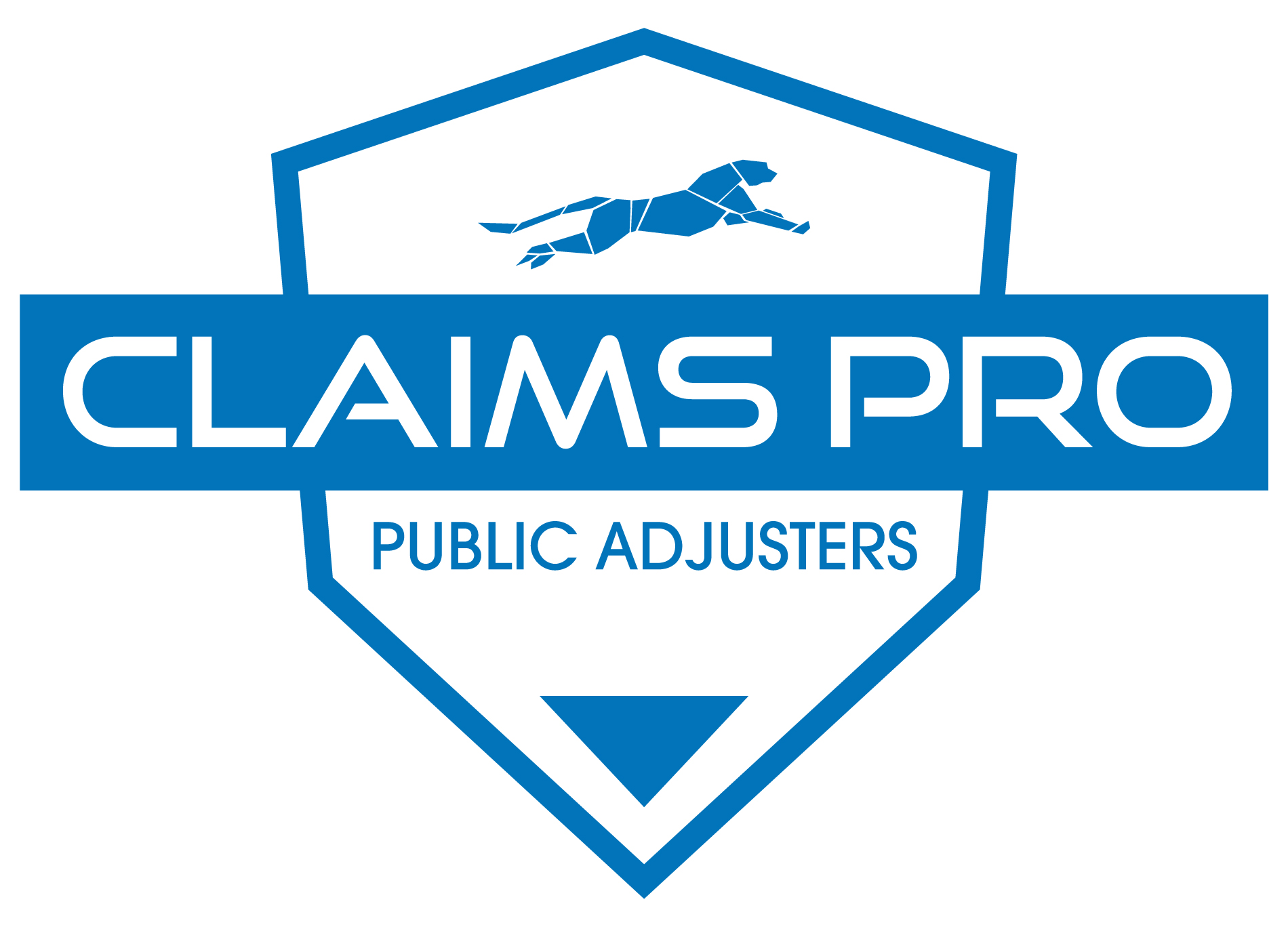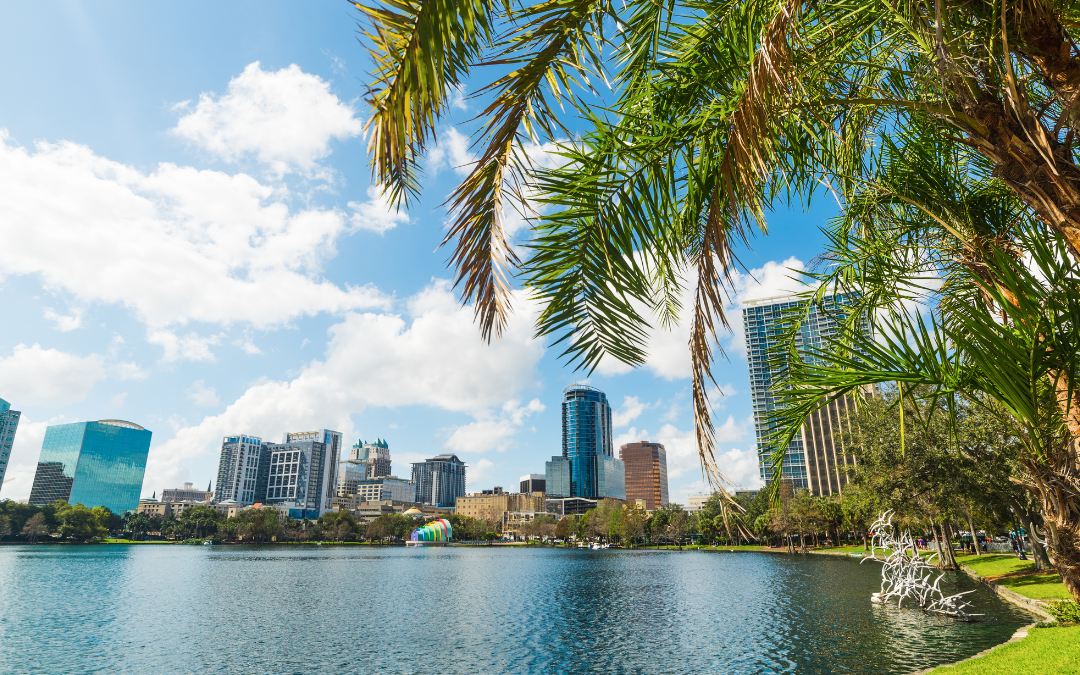Public adjuster Orlando – Property Damage Liability: What Is It?
A type of insurance coverage called property damage liability shields people and businesses against monetary damages brought on by third parties damaging their property. This coverage is crucial for car owners and is frequently included in auto insurance policy.
Not only the drivers and passengers of the participating cars, but also the property of third parties, may sustain injuries in an automobile accident. The purpose of property damage liability insurance is to safeguard those whose property has been harmed in an automobile accident financially.
In order to protect their property from harm brought on by auto accidents, homeowners and businesses must have property damage liability coverage. Repairing damage caused by a motorist hitting a building or a fence, for instance, can be expensive. Liability insurance for property damage can assist in paying for the repairs, shielding homeowners and businesses from incurring losses.
In the event of an accident, the person that was harmed will normally receive compensation from the driver’s insurance provider. The injured party may have to rely on their own insurance policy to pay for repairs, though, if the at-fault driver doesn’t have enough insurance coverage.
To safeguard their property from harm caused by an automobile accident, homeowners and businesses must make sure they have sufficient property damage liability coverage. Without this insurance, repairs can be expensive and it might be challenging to get reimbursed by the at-fault motorist or their insurance provider.
In addition, many jurisdictions mandate that drivers carry property damage liability insurance. This means that in order to safeguard other people’s property in the event of an accident, drivers must have a minimum level of insurance. Fines and other legal repercussions may arise from not having this coverage.
The cost of property damage in the case of an accident may exceed these minimal coverage limitations, it is crucial to remember. Let’s say the at-fault driver has property damage liability insurance, but the cost of repairs exceeds the policy limits. They might then be held personally responsible for the balance of the damages.
WHEN TO CONTACT A PUBLIC ADJUSTER IF A VEHICLE HAS DAMAGED YOUR HOME
It can be challenging to manage the complicated process of making a property damage insurance claim if your home has been harmed in a car accident. In some circumstances, you might need to contact a public adjuster to help make sure you get a just compensation for your damages.
It’s crucial to comprehend the many insurance coverage options that can be available for property damage resulting from an automobile accident before contacting a public adjuster. Property damage brought on by an at-fault motorist in a car accident is normally covered by liability car insurance. By compensating the impacted party, this insurance is intended to safeguard the assets of the at-fault motorist.
To seek reimbursement for the harm done to your property, make a liability claim with your auto insurance provider if you have liability coverage. The amount of compensation provided under this type of coverage may, however, be subject to caps, based on the policy limits and the category of destroyed property.
It could be essential to contact a public adjuster to assist with the claims procedure if the losses are greater than the liability coverage’s maximums or if you own a different kind of property that isn’t protected by this kind of insurance.
A practitioner with a state-issued license to represent the policyholder’s interests in insurance claims is known as a public adjuster. They are able to assist you in comprehending your policy and cooperate with the auto insurance provider to guarantee that you get a reasonable settlement for the losses.
A public adjuster will often charge a fee for their services, which is typically a percentage of the settlement sum. This is vital to keep in mind. However, hiring a public adjuster could be a good investment if you have severe damages or if the insurance company is rejecting your claim. For more information contact Claims Pro Public Adjusters.


